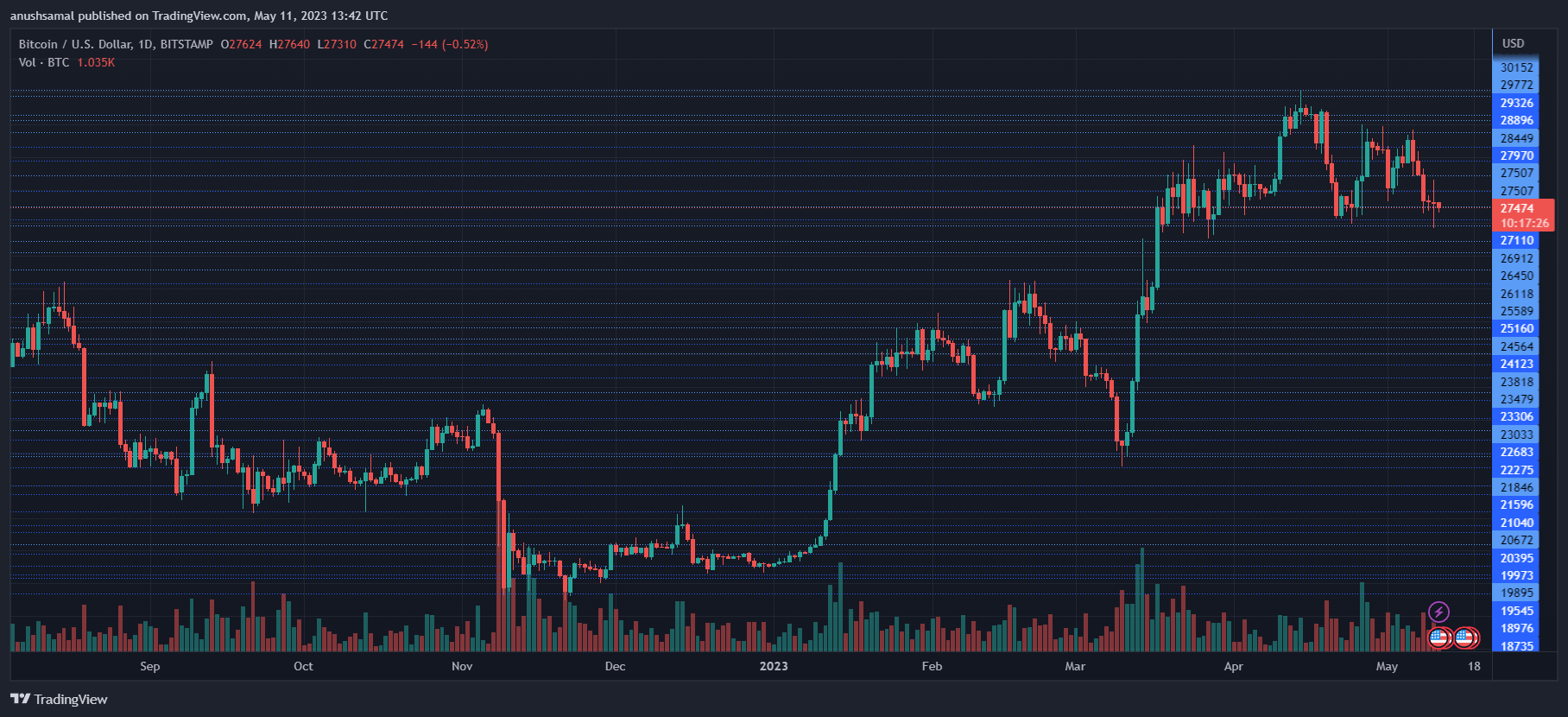
China inaugurated its national blockchain center recently in Beijing and this newly established national research center aims to play a pivotal role in developing the country’s Web 3 industry. The research center has already set a target to train at least 500,000 proficient professionals.
It will reportedly foster partnerships with local universities, think tanks, and blockchain enterprises to drive the advancement of technology within the country. The research center has been backed by the Ministry of Science and Technology to promote the industrialization of the blockchain industry.
Furthermore, the objective behind launching the research center is to ensure that there is a comprehensive national-level network in place that will successfully connect the existing blockchain systems within China while providing support to various industries.
Related Reading: Bitcoin Short-Term Holder Cost Basis Rises To $25,300, What Does It Mean?
A renowned academic from the Chinese Academy of Sciences, Zheng Zhiming, said that the existing blockchains in China operate in isolation from one another, impeding the growth of the digital industry. As such, a cohesive blockchain ecosystem would solve this limitation as it would encompass a wider scope.
China’s Blockchain Sector Thrives Despite Crypto Trading Ban
The center is under the leadership of the Beijing Academy of Blockchain and Edge Computing, a prominent research institution. Beijing Academy of Blockchain and Edge Computing has been responsible for developing the ChainMaker blockchain.
This home-grown technology serves as a foundational model for the center’s initiatives. Notably, ChainMaker has gained the support of 50 business corporations, predominantly state-owned entities.
Esteemed names such as China Construction Bank and China Unicom are among the prominent supporters. In February, the government of Beijing introduced an upgraded version, referred to as the 2.0, of its data directory system.
This system operates on ChainMaker and the primary purpose of this upgrade is to establish a comprehensive and secure platform for collecting and storing data from more than 80 government departments within the capital city.
In the face of China’s prohibition of cryptocurrency trading, the country maintains a strong belief in the potential of blockchain technology for various industries and government administration.
Demonstrating this commitment, the State Council outlined the blockchain as one of the seven key sectors aiding the development of China’s digital economy, as stated in its 14th five-year plan published in December 2021.
Moreover, Chinese enterprises are actively exploring innovative approaches to develop artificial intelligence by leveraging less powerful semiconductors and combining different chip technologies. This strategic initiative aims to reduce dependence on a single type of high-tech hardware, predominantly imported from the United States.
In parallel, China is making significant progress in its central bank digital currency (CBDC) project. In April, the country announced the expansion of the digital yuan’s applications to include its ambitious “Belt and Road” initiative which would facilitate cross-border trade.



















